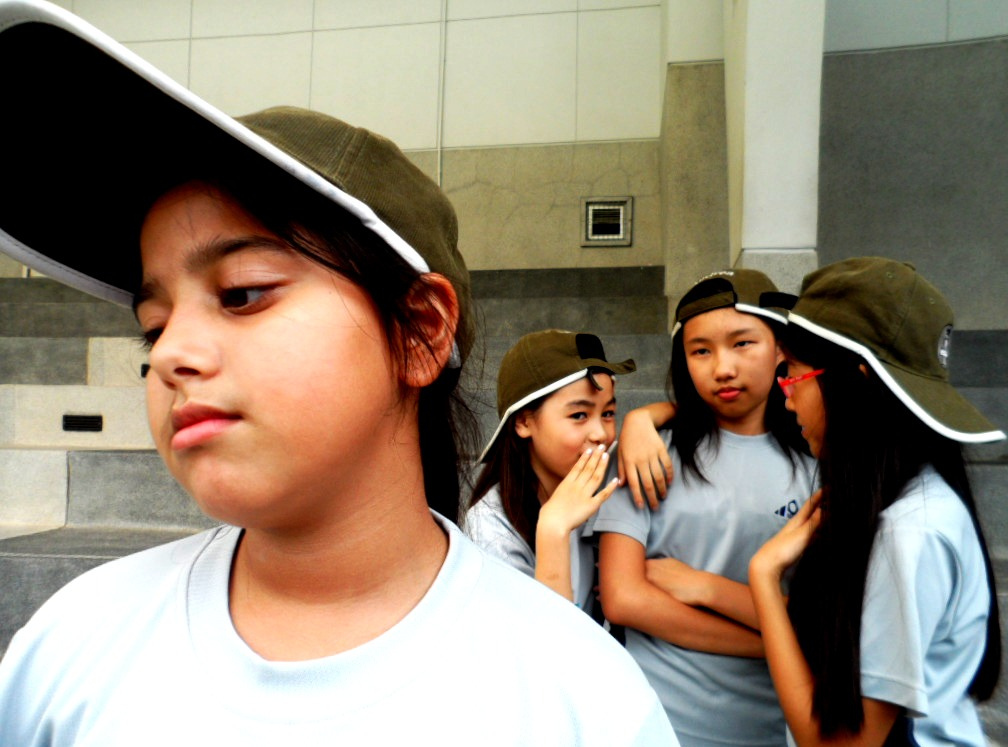 We get lot of calls from parents about bullying in the schools, particularly in New Jersey because New Jersey has an anti-bullying statute, which is somewhat unique in the country. Parents don’t understand, however, that the statute is rather limited. It does not cover what we normally, as laypeople, would consider to be bullying. Every negative interaction between children in schools is not covered by the anti-bullying statute. The anti-bullying statute covers a particular bullying that occurs for certain reasons. It has to be a reason that’s based on the target child in some way; some kind of special characteristic of the child who’s being targeted.
We get lot of calls from parents about bullying in the schools, particularly in New Jersey because New Jersey has an anti-bullying statute, which is somewhat unique in the country. Parents don’t understand, however, that the statute is rather limited. It does not cover what we normally, as laypeople, would consider to be bullying. Every negative interaction between children in schools is not covered by the anti-bullying statute. The anti-bullying statute covers a particular bullying that occurs for certain reasons. It has to be a reason that’s based on the target child in some way; some kind of special characteristic of the child who’s being targeted.
For example, it can be the classic protective situations such as race, religion, or nationality; but it can also be things like the child’s weight, particular acne, a disability, is slower in school, the smallest child in the school, or the biggest child in the school. Any kind of characteristic can apply, but it has to be some kind of characteristic in contrast to disputes between kids. Kids get angry at each other on the playground because of the way a game went, or a dispute over a girlfriend or a boyfriend. In those situations, there may be real negative activity between the students and one student may be the victim of another student, but it wouldn’t qualify as bullying under the statute because it’s not a special characteristic.
It still, however, could be a code of conduct violation so it’s not that there are no remedies for a targeted child in that situation, but it’s not covered by the statute. As for the statute itself, it’s really a reporting statute. It provides parents of a bullied child the right that there will actually be an investigation into the allegations, it will be written, the findings will be reported, and the parent has a right to appeal the findings to the school board and beyond if they’re not satisfied with the findings. It does not, however, require a school district to give a specific sort of a punishment if they do find that bullying occurred. That is very discretionary within the school district.
However, whether there was a statute or not, children have a right not to be bullied in schools. If the school has knowledge of the bullying and they respond indifferently to that knowledge, meaning that they don’t take action that is meaningful and likely to reduce or eliminate the bullying, the school itself can ultimately be held liable. If you have questions about this, you should contact a lawyer who really understands bullying and understands how to hold schools liable when it occurs.
The law firm of Mattleman, Weinroth & Miller, P.C., is composed of experienced education attorneys throughout the state of New Jersey. Please contact the office for a free initial consultation and get any questions answered regarding your specific case.

